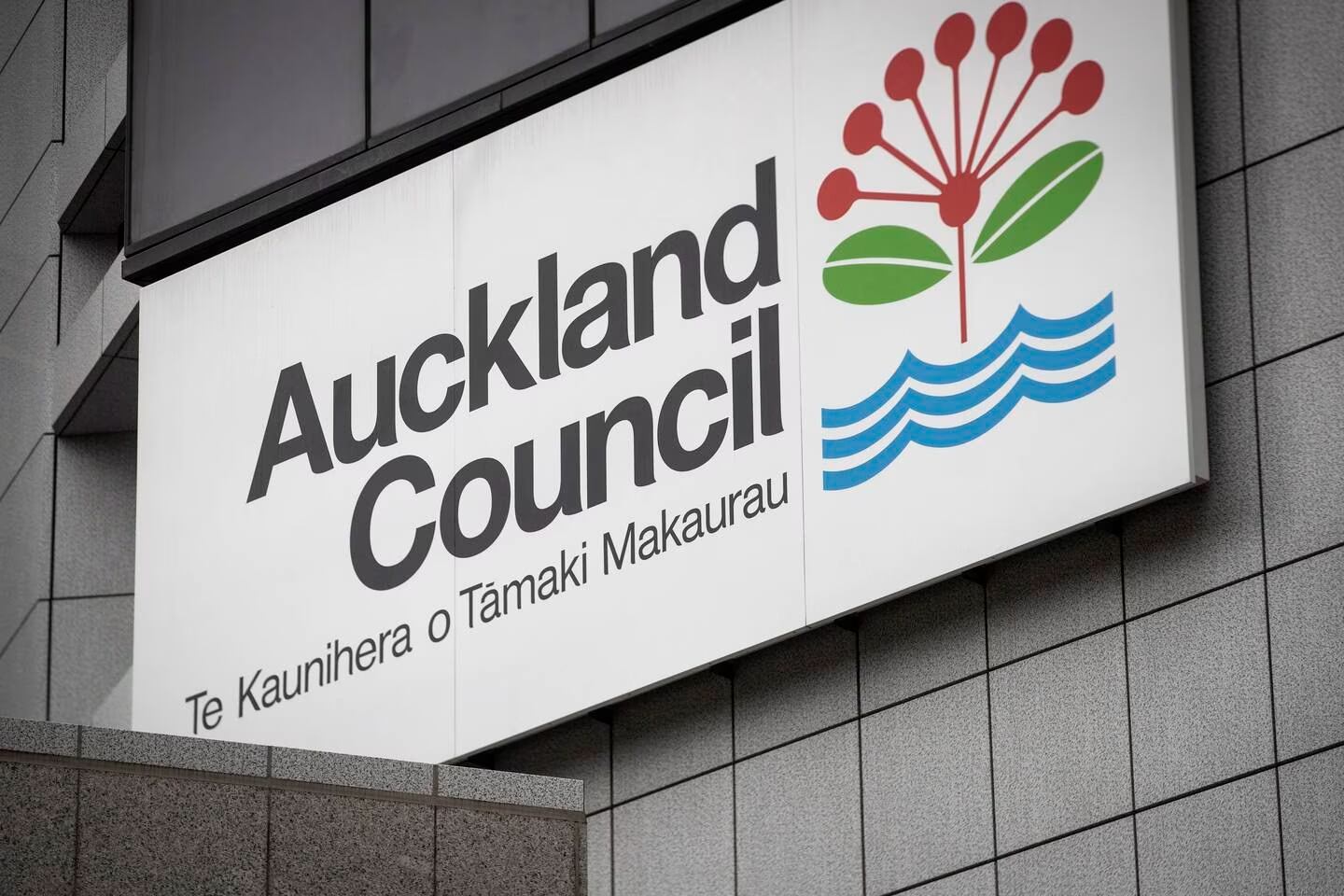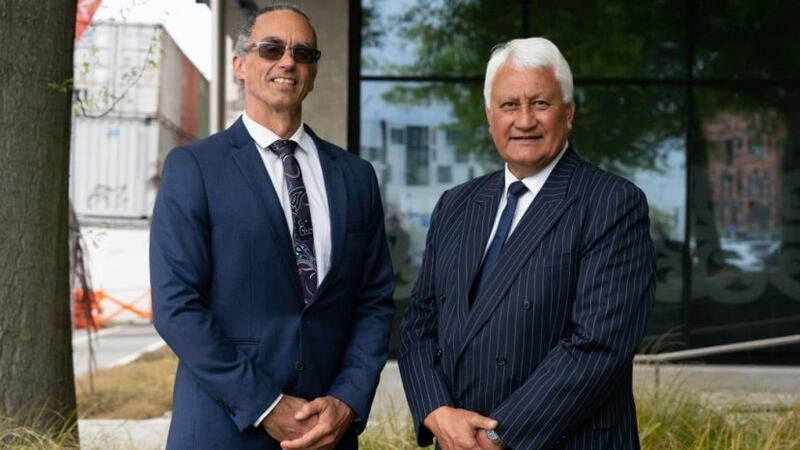Ngāi Tahu's Environment Canterbury councillors Iaean Cranwell (left) and Tutehounuku Korako. Photo / Supplied / Ngāi Tahu
Ngāi Tahu’s deputy chair hopes a review of local government will lead to more Māori representation on local councils.
“The local government sector is overdue for a reset,” Te Rūnanga o Ngāi Tahu deputy Kaiwhakahaere (chairperson) Matapura Ellison said.
Defining local government as a Tiriti o Waitangi partner would “enhance decision making” and bolster relations between councils and iwi and rūnanga, he said.
The Future for Local Government Review Panel's final report, He piki tūranga, he piki kōtuku, which was released last week, has recommended changes to the Local Government Act to recognise local government as a partner to Te Tiriti o Waitangi.
It also called for legislation to lower the threshold for Māori wards and to enable Te Tiriti-based appointments, such as Environment Canterbury’s Ngāi Tahu councillors.
“I am pleased to see the recommendation to enable Tiriti-based appointments to councils, such as mana whenua selecting iwi and hapū representatives to join the council table with full voting rights,” Ellison said.

Auckland Council is asking Aucklanders for feedback on Māori seats. Photo / NZME
“Waitaha (Canterbury) Papatipu Rūnanga say having Ngāi Tahu regional councillors means quicker, less contentious, and more streamlined processes, which benefit everyone.”
But he said he was disappointed the report was developed “out of sync” with the Health, Affordable Water and Resource Management Act reforms.
“This was a missed opportunity to propose joined-up system change and has led to ‘reform fatigue’ across our communities.”
Meanwhile, Auckland Council is asking Aucklanders for feedback on Māori seats.
The consultation will run from August 21 until September 24 and is an opportunity for mana whenua, Māori and the wider public in Tāmaki Makaurau to say whether or not they want the council to introduce Māori seats.
Amending legislation would be needed to introduce the seats, including whether they would be elected or appointed.
Māori-elected seats are elected by those on the Māori electoral roll, and the council would need to establish one or more Māori wards, using a population-based formula in the Local Electoral Act 2001.
Māori-appointed seats may be appointed in several ways, such as through a selection panel or a mana whenua forum.
A Māori ward councilor would make decisions that impact the region alongside other councillors and the mayor on the governing body.
If the council decides to introduce Māori seats in the next local elections, it must do so by November 23 to meet the Local Electoral Act deadline.
Local Democracy Reporting is Public Interest Journalism funded through NZ On Air.
-Additional reporting WaateaNews.com


